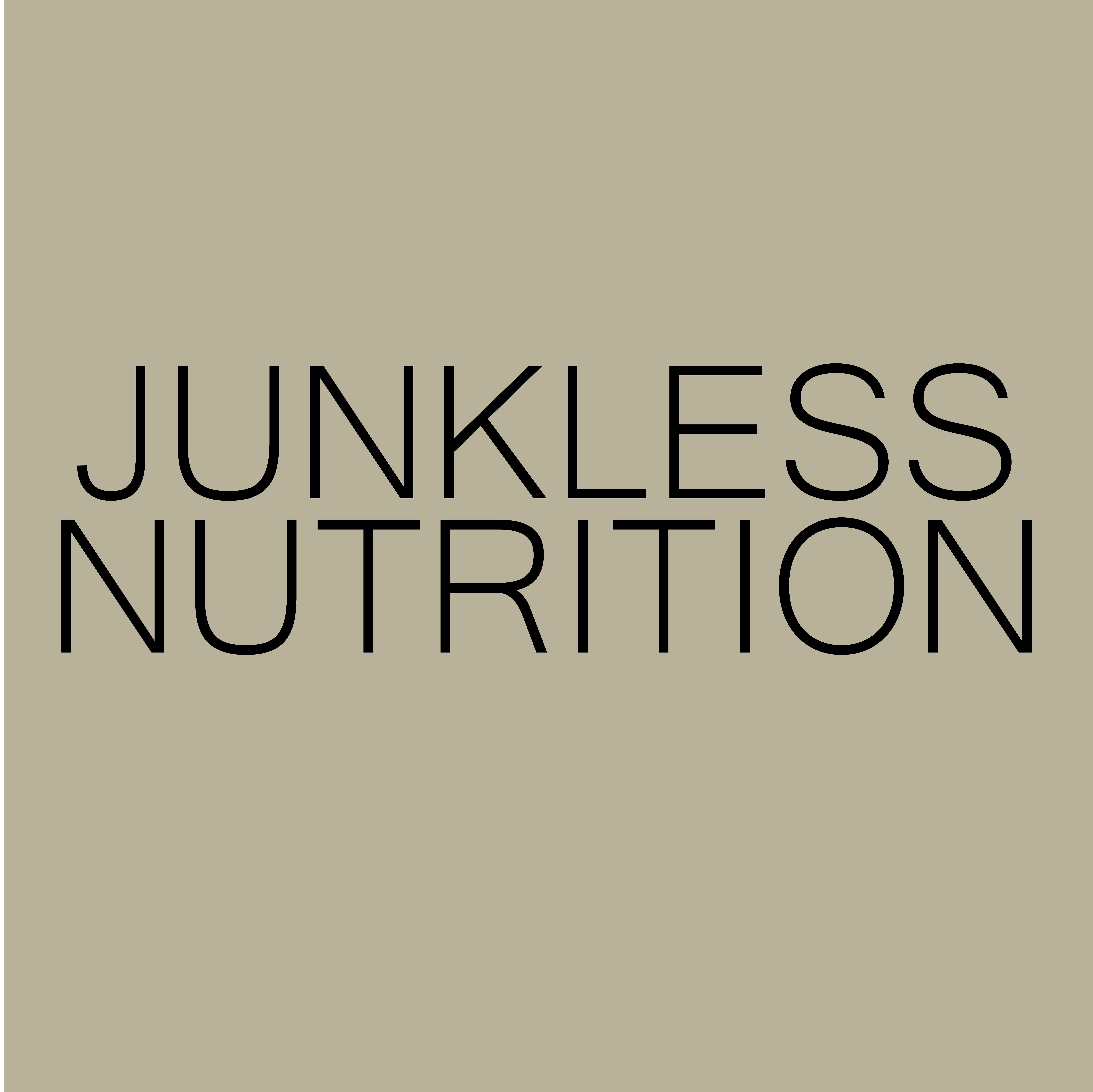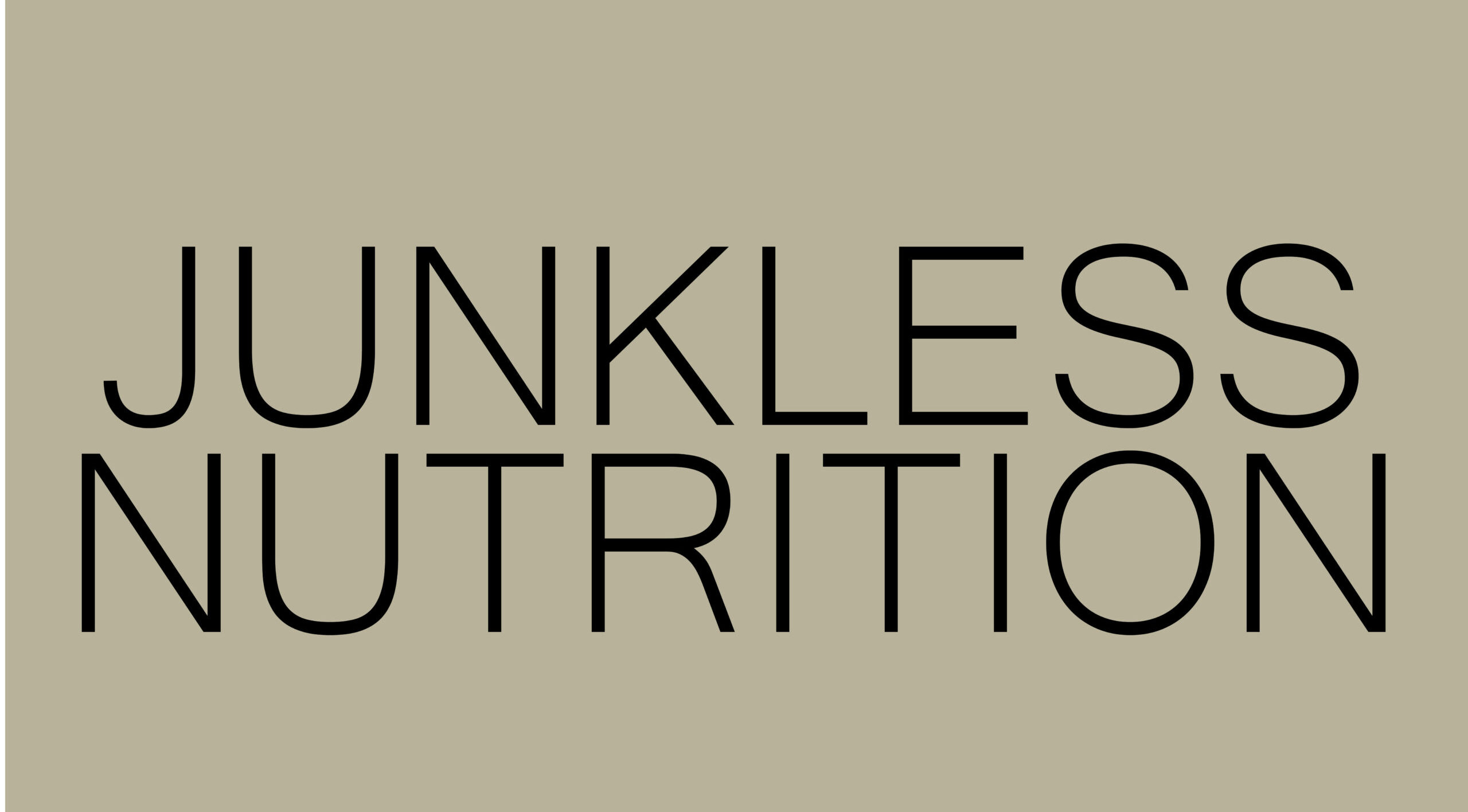What is berberine?
Pure Berberine, an alkaloid, is an organic active ingredient found in the bark, leaves, and twigs of several plants like goldenseal, goldthread tree, turmeric, and barberries.
Traditionaly has been used in Chinese medicine for centuries for its antimicrobial, antiprotozoal, and antidiarrheal properties.
How Does it work?
Berberine improves AMPK proteins in the body. Recent studies reveal the role of the AMPK protein in the regulation of glucose and other carbohydrates. These proteins are crucial for transporting glucose (sugars) into the cell for energy. AMPK influences the amount of sugar that can be transported in and out of the cell. This shows that AMPK plays a key role in controlling sugar uptake by cells.
Standard of Dosing
The recommended doses of berberine are 900-2000mg a day, divided into 3 to 4 doses, taken with a meal or right after, to maximize its effects on blood glucose and lipids which tend to spike after eating.
Side effects
Large amounts of berberine at once can cause cramping, diarrhea, and an upset stomach.
Top 6 Researched Health Benefits
- Reduced Inflammation
- Improved vascular health
- Neuroprotective
- Cardiovascular protective
- Type 2 diabetes insulin sensitivity
- Cardiometabolic disorders blood sugar levels
F.A.Q.
Berberine hcl vs Berberine
Berberine, “HCl” stands for hydrochloride. Berberine has been combined with hydrochloric acid to form Berberine HCL to enhance its stability and absorption in the body.
References
- Zhang, Y., Li, X., Zou, D., Liu, W., Yang, J., Zhu, N., … & Ning, G. (2008). Treatment of type 2 diabetes and dyslipidemia with the natural plant alkaloid berberine. The Journal of Clinical Endocrinology and Metabolism, 93(7), 2559-2565
- Yin, J., Xing, H., & Ye, J. (2008). Efficacy of berberine in patients with type 2 diabetes mellitus. Metabolism, 57(5), 712-717.
- Dong, H., Zhao, Y., Zhao, L., Lu, F., The effects of berberine on blood lipids: a systemic review and meta-analysis of randomized controlled trials, Planta Medica, 2013.
- Chang, X., Wang, Z., Zhang, J., Yan, H., Bian, H., Xia, M., & Lin, M. (2015). Berberine reduces methylation of the MTTP promoter and alleviates fatty liver induced by a high-fat diet in rats. Journal of lipid research, 56(2), 182-195.
- Ma, X., Jiang, Y., Wu, A., Chen, X., Pi, R., Liu, M., & Liu, Y. (2010). Berberine attenuates experimental autoimmune encephalomyelitis in C57 BL/6 mice. PloS one, 5(10), e13489.
- Lee, Y. S., Kim, W. S., Kim, K. H., Yoon, M. J., Cho, H. J., Shen, Y., … & Lee, C. H. (2006). Berberine, a natural plant product, activates AMP-activated protein kinase with beneficial metabolic effects in diabetic and insulin-resistant states. Diabetes, 55(8), 2256-2264.
- Wang, Y., Campbell, T., Perry, B., Beaurepaire, C., Qin, L., & Cotton, B. (2017). A systematic review of the efficacy and safety of herbal medicines used in the treatment of obesity. Worldviews on Evidence-Based Nursing, 14(5), 386-427.
- Zeng, X. H., Zeng, X. J., Li, Y. Y., Efficacy, and safety of berberine for congestive heart failure secondary to ischemic or idiopathic dilated cardiomyopathy, The American Journal of Cardiology, 2016.
- Cicero, A. F. G., & Baggioni, A. (2016). Berberine and Its Role in Chronic Disease. Advances in Experimental Medicine and Biology, 928, 27–45. https://link.springer.com/chapter/10.1007/978-3-319-41334-1_2

